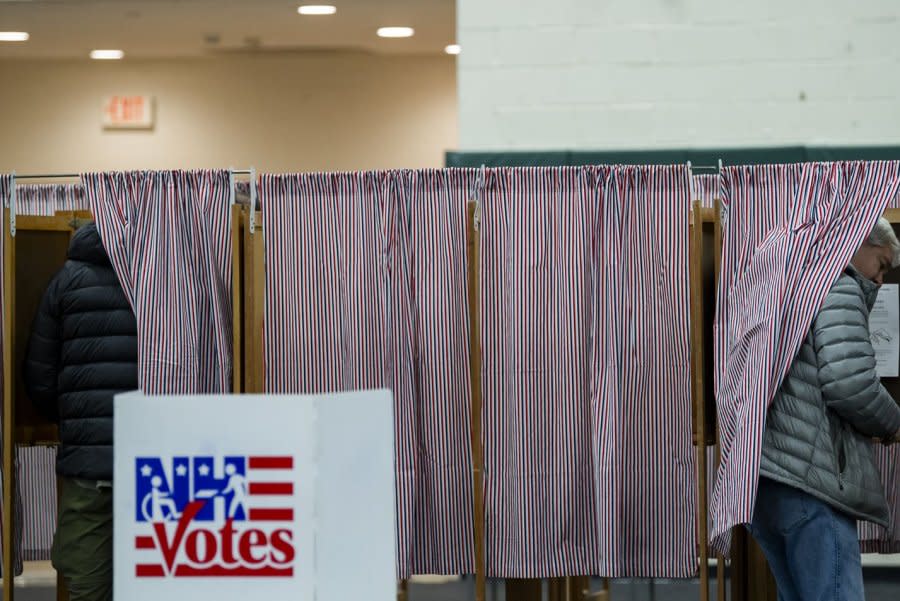Man indicted, fined $6M for ordering Biden primary deepfake robocalls

May 23 (UPI) -- New Hampshire on Thursday charged a political consultant for organizing a robocall that used artificial intelligence to impersonate President Joe Biden's voice ahead of the state's primary.
Attorney General John Formella announced the charges Steven Kramer, 54, was indicted on 13 charges of felony voter suppression and 13 misdemeanor counts of impersonation of a candidates based on complaints over the robocalls from 13 residents in four counties.
"New Hampshire remains committed to ensuring that our elections remain free from unlawful interference and our investigation into this matter remains ongoing," Formella said.
The Federal Communications Commission also fined Kramer $6 million "for apparent spoofing violations.
"We will act swiftly and decisively to ensure that bad actors cannot use U.S. telecommunications networks to facilitate the misuse of generative AI technology to interfere with elections, defraud, consumers, or compromise sensitive data," Loyaan A. Egal, chief of the FCC's Enforcement Bureau and chair of the Privacy and Data Protection Task Force said.
The robocalls were made to residents across New Hampshire in January the day before the New Hampshire primary. The voice, which sounded like Biden, told Democratic voters not to vote in the primary and to save their vote for the November election.
Kramer, a political consultant, had been hired by longshot Democratic presidential candidate Dean Phillips, but in previous comments said Phillips was not involved and did not know about the robocalls. Phillips said the same and dropped out of the race after the primary.
Kramer told WMUR he allegedly decided to do the deepfake of Biden in hopes it would generate more rules to be placed on the technology. Deepfakes use artificial intelligence to impersonate someone and have long been feared for becoming a disruptive factor in political campaigns.
In February, the New Hampshire Attorney General's Office identified a Texas firm making thousands of robocalls. The office said from 5,000 to 25,000 calls were made.
The office issued cease-and-desist letters to the Life Corporation for engaging in voter suppression.

